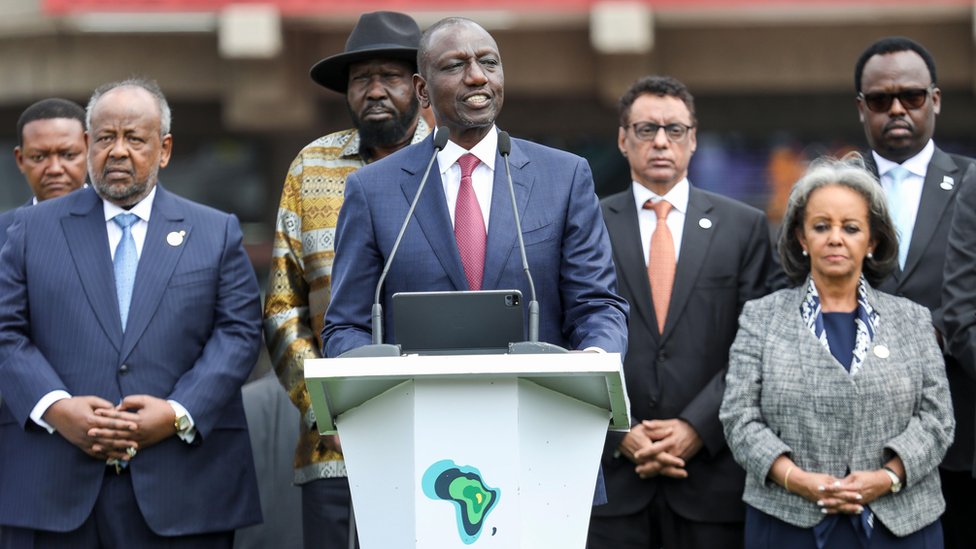African nations are preparing to introduce their own carbon fees on international shipping, positioning the continent as a growing force in global climate policy. The initiative, modeled after Djibouti’s pioneering carbon levy, could serve as an alternative solution if the International Maritime Organization (IMO) fails to reach an agreement on a unified carbon framework this week.
The move, coordinated by the African Sovereign Carbon Registry Foundation (ASCRF), would require vessels to pay $17 per tonne of CO₂ emitted from half of their voyages to and from African ports. Supporters argue the system will empower African nations to fund their own climate transitions without relying solely on external aid or conditional grants.
Djibouti, under the leadership of President Ismail Omar Guelleh, introduced the continent’s first carbon levy in 2023, becoming a model for other African nations. Since then, Guinea and Gabon have adopted similar measures, and at least 10 more countries, including Kenya, Namibia, and Morocco, are expected to follow within the next year.
ASCRF Secretary General and former Djibouti ambassador Ahmed Araita Ali explained that the movement was inspired by the inequities seen in global climate financing. “Our president returned from the climate talks in Egypt in 2022 asking why Europe has a polluter-pays system to finance its transition, while Africa has none and must depend on donations,” he said.
The foundation’s director, Paul Sebastien, noted that the goal is to create a harmonized registry system across Africa to ensure consistency and prevent overlap with existing mechanisms like the EU Emissions Trading System (ETS) or the FuelEU Maritime framework. Each participating country would maintain its own registry, tracking emissions from both shipping and aviation.
Sebastien emphasized that African countries still support the IMO’s decarbonization goals but want a fair and transparent framework that acknowledges their specific needs. “Even if the IMO fails to agree, this African model can serve as a Plan B developed in cooperation with the IMO and industry stakeholders,” he said.
Although the African system may not generate the hundreds of millions seen in European carbon markets, the tens of millions it could collect annually would be transformative for developing economies. Djibouti’s levy alone has already funded more than 50 local projects, including maternity hospitals, rural electrification, clean water systems, renewable energy installations, and biodiversity restoration such as mangrove and agroforestry projects.
According to Araita Ali, the initiative demonstrates Africa’s growing determination to assert sovereignty over its climate finance strategy. “African countries don’t want to depend on conditional grants anymore,” he said. “They want to build their own sustainable future, just as Europe has done.”
The proposal underscores a broader shift in global climate diplomacy, as African nations seek to move from being aid recipients to active participants shaping the world’s environmental and economic future.














Leave a comment